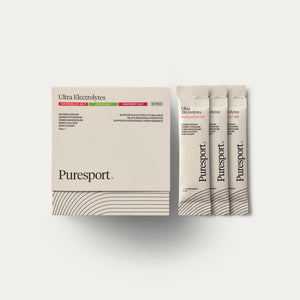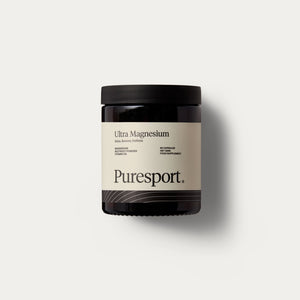Ginkgo biloba has long been touted as one of the most effective supplements you can keep in your bathroom cabinet, but why exactly is that? This guide will cover what you should know about ginkgo biloba, including what is ginkgo biloba good for, whether you should take ginkgo biloba in the morning or night, and quite a bit more.
What is Ginkgo Biloba?
Ginkgo biloba is a species of tree that originated in China, and it is the last living member of its order, which often leads to it being described as a living fossil. It is one of the oldest trees that have been cultivated by human beings, and it is still being planted to this day.
Despite its origins in China, the tree can also be found in Japan, and several specimens of it have even survived the Hiroshima atomic bombing, as befits these trees’ resilient nature. Unfortunately, the tree is not endangered, and most of the existing forests of it have been planted by people, as is evidenced by their high level of genetic uniformity.
Due to their long-term presence throughout human history, the potential medicinal properties of ginkgo biloba were discovered early on. This tree has played a long and storied role in traditional Chinese medicine, where they claimed that the plant could help with cognition as well as with asthma.
Ginkgo biloba was exclusively known in the Orient up until the late 17th century, when the German botanist Engelbert Kaempfer discovered it in Japan and brought it to the attention of Europeans. The first example of the tree was brought into America in 1784, when an example was planted in William Hamilton’s garden.
Gingko trees tend to be relatively large, and they typically reach a height of between 20 and 35 metres. The trees also tend to be very resistant to external damage, insect’s, and diseases. This has led to some trees living for more than 2500 years.
The ginkgo biloba leaf also features a relatively unique fan shape, and their leaves don’t have a network of veins, though they do sometimes split.
Ginkgo Biloba Benefits
There are many different ginkgo biloba uses, depending on the condition that you’re looking to treat. Doctors and scientists hypothesise that the main reason why this plant is used as a supplement and offers so many benefits is due to its high level of antioxidants.
Ginkgo biloba extract features a large number of terpenoids and flavonoids, which are both excellent antioxidants on their own. Antioxidants work to reduce the damage that free radicals can do to the surrounding tissues, since free radicals are known to lead to both ageing and the creation of diseases.
Other studies have shown that ginkgo biloba extract can be used to help combat inflammation. What is ginkgo biloba used for when fighting inflammation? Several common diseases cause inflammation when it shouldn’t be there, including arthritis, IBS, strokes, and heart disease, so the extract can potentially be used to help with conditions of the sort.
One thing to keep in mind about the link between this supplement and inflammation is that it has so far only been proven in animal studies. Scientists note that we need to take more time to research the potential effects of the supplement in human beings before drawing any conclusions.
Ancient Chinese medicine stated that ginkgo biloba was capable of increasing the amount of energy that was channelled to certain parts of the body. While this hasn’t been proven yet, a study has shown that ginkgo biloba can increase the amount of blood flow that goes through our veins.
This study demonstrated that ginkgo biloba increased the amount of nitric acid in the bloodstream by 12%, which is the compound in our blood that is responsible for widening our blood vessels. Additional blood flow can help improve heart and brain health, preventing strokes and other cardiovascular conditions.
One of the more notable ginkgo biloba benefits for men and women is that it may be able to help combat dementia and Alzheimer's. One particular scientific review went over 21 studies of the supplement and determined that it could be used to help combat the conditions when used alongside typical treatments.
Even more surprisingly, this study went over ginkgo biloba tinnitus treatment. It reviewed several different attempts to treat the condition with ginkgo biloba, and it was found that the supplement was a more effective treatment than the placebos that were given out.
Ginkgo Biloba Side Effects
Most of ginkgo biloba’s side effects are relatively minor and aren’t experienced unless someone takes a high dose or has an existing allergy to the supplement. They can include diarrhoea, allergic reactions of the skin, dizziness, problems with digestion, nausea, and headaches.
Aside from these reactions, ginkgo biloba is generally safe to take, provided it won’t interfere with any medications you’re currently taking.







